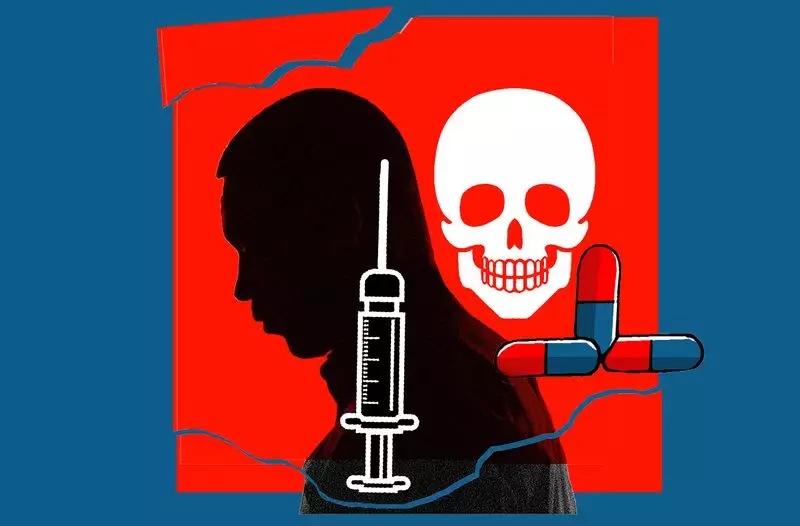
The conventional wisdom that addiction represents a personal moral failure is being dismantled by groundbreaking research and expert analysis. What was once dismissed as individual weakness is now recognized as a complex public health crisis demanding systemic solutions and policy reform.
The Flawed Moral Lens: Why We've Been Getting Addiction Wrong
For decades, society has viewed addiction through a moralistic prism, blaming individuals for their lack of willpower while ignoring the underlying structural factors. This perspective has not only stigmatized those struggling with substance abuse but has also prevented effective policy interventions that address root causes.
The evidence is clear: addiction thrives in environments characterized by poverty, trauma, lack of opportunity, and inadequate mental health support. When communities face systemic disadvantages, substance abuse becomes a coping mechanism rather than a character defect.
Beyond Punishment: The Urgent Need for Policy Reform
Current approaches heavily reliant on criminalization and punishment have proven ineffective in curbing addiction rates. What's needed instead is a comprehensive public health strategy that includes:
- Expanded access to evidence-based treatment rather than incarceration
- Mental health integration in primary healthcare systems
- Community-based prevention programs addressing social determinants
- Trauma-informed care recognizing the role of adverse experiences
- Harm reduction strategies that prioritize saving lives
The Indian Context: A Growing Public Health Emergency
India faces unique challenges in addressing addiction, with rising substance abuse rates across various demographics. The country's approach must consider socioeconomic factors, cultural contexts, and healthcare infrastructure limitations that contribute to the crisis.
Experts emphasize that treating addiction as a health issue rather than a criminal one could significantly reduce the burden on law enforcement while improving outcomes for individuals and families affected by substance abuse.
A Compassionate Way Forward
The shift from moral judgment to systemic understanding represents hope for millions struggling with addiction. By recognizing the role of environmental factors, trauma, and mental health conditions, we can develop more effective, humane approaches to prevention and treatment.
This paradigm change requires collective action from policymakers, healthcare providers, communities, and families to create supportive environments that address the root causes of addiction rather than punishing its symptoms.





